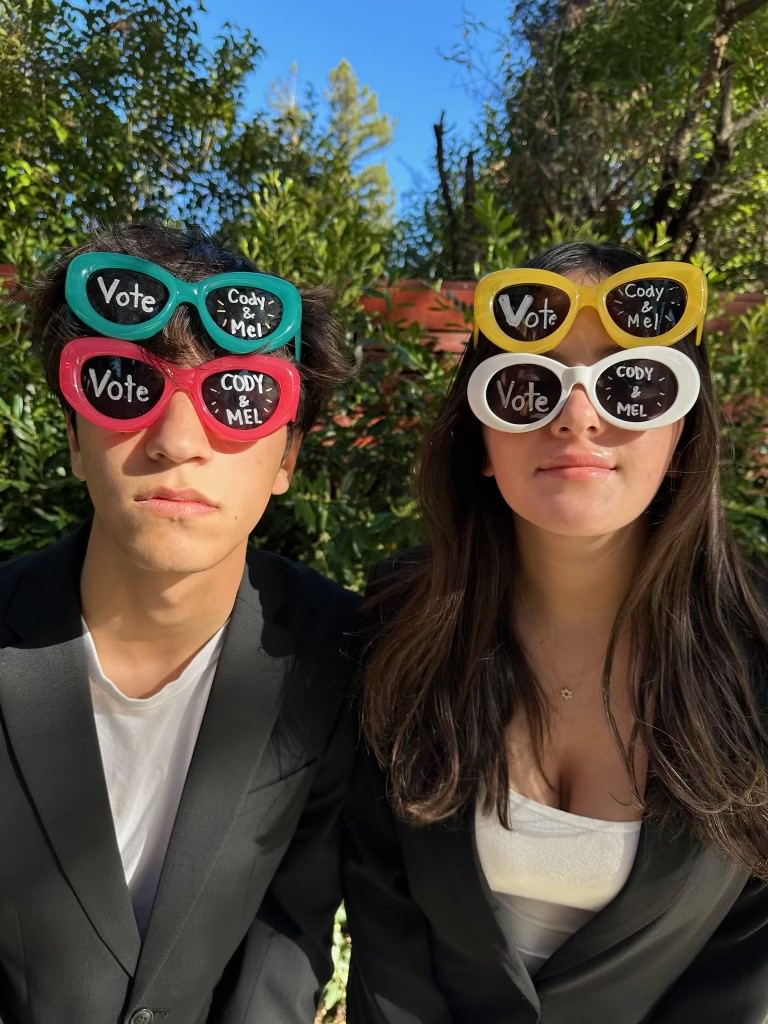Opinions Editor Kaitlin Baldwin investigates what happens when students are involved in an incident involving academic integrity and how their college process is affected.
By Kaitlin Baldwin
At Menlo, freshmen sign an honor code in the beginning of the year promising to exhibit academic integrity for the rest of their Menlo experience. However, while all students sign it, many students lack an understanding of what happens if they break their promise.
If a student commits an act that goes against academic integrity, such as cheating or plagiarizing, the student has a meeting with the Dean of Students Tony Lapolla. After talking with the student, Lapolla decides whether or not to send the case to the Discipline Committee. If he decides not to send the case to the committee, Lapolla sends home a dean’s letter. The letter explains the specifics of the incident and emphasizes that if a similar incident were to happen again, both incidents would go to the Discipline Committee. Furthermore, the letter stresses that serious consequences could occur if this happens. The dean’s letter only goes to the student and his or her parents, not any colleges.
If a student has another incident of academic integrity or of honor code violations, the Discipline Committee reviews both cases and formulates a recommendation for the student’s actions, such as probation, suspension or expulsion. The committee takes everything about a student into account, such as if they’re involved in a sport or if they’re involved in drama, to decide a student’s punishment. Students that are involved in extracurriculars are often restricted for a certain amount of time from them because extracurriculars are privileges and thus deserve to be taken away if a student does something wrong.
A lot of students have this idea that Menlo has a three-strike system — that no matter what you do, you have three chances to mess up before being expelled. However, this isn’t exactly the case. “It’s not a question of strikes, it’s a question of the egregiousness of the violation, ” Upper School Director John Schafer said. Schafer emphasizes that it depends on the circumstances of the case. The committee takes each situation case-by-case, proving that the discipline process is not so black and white.
If a student is ever put on probation, suspended or expelled, they have the responsibility to inform colleges when they apply or after the apply. On the Common App, students have to check a box if they’ve ever gone through a disciplinary process that resulted in probation, suspension or expulsion. If a student has, he or she is expected to check the box. When they check the box, they are given an opportunity to explain what happened. Furthermore, if they get in trouble after turning in their application, students have to update colleges when they submit their mid-year report and final transcript. “You should tell the story. The college shouldn’t hear about it from us first. You should own it, take responsibility for it, show what you learned and so forth,” Schaefer said.
Menlo also has to fill out a form when students apply to colleges that asks a similar question. Menlo doesn’t go out of it’s way to inform colleges of the discipline decision, rather Menlo simply just answers the discipline question that the colleges ask on the form. “Because that’s the question [colleges] ask us. We’re not volunteering any information, we’re just being honest with them,” Schafer said.
However, according to Director of College Counseling Mr. Mettille, some colleges do not ask whether or not a student has been put on probation, suspended or expelled. “[…] Usually larger public state universities have their own application, and [they] don’t ask that question so a student wouldn’t necessarily have to report that,” Metille said.
While students and Menlo inform colleges separately, they typically work together on what they are going to say so that their explanations for why the student was disciplined matches. “[We work on] what everyone is saying [so that] the story […] aligns,” Metille said.
Menlo strongly believes that giving students the responsibility to inform is good for both their learning experience and their image to colleges. “[Colleges are] looking for students that learn from what they’ve done and can demonstrate that they’ve made progress,” Lapolla said.
A majority of Menlo students who have been suspended or put on probation usually worry that their success in the college process will be drastically impacted. However, this is usually not the case. According to Mr. Mettille, while being suspended or put on probation might lead to an extra layer of review, it usually does not lead to anything significant unless repeated offenses have occurred.
Colleges are aware that everyone, especially students, make mistakes. Mistakes are an opportunity for students to grow and show colleges who they really are.








